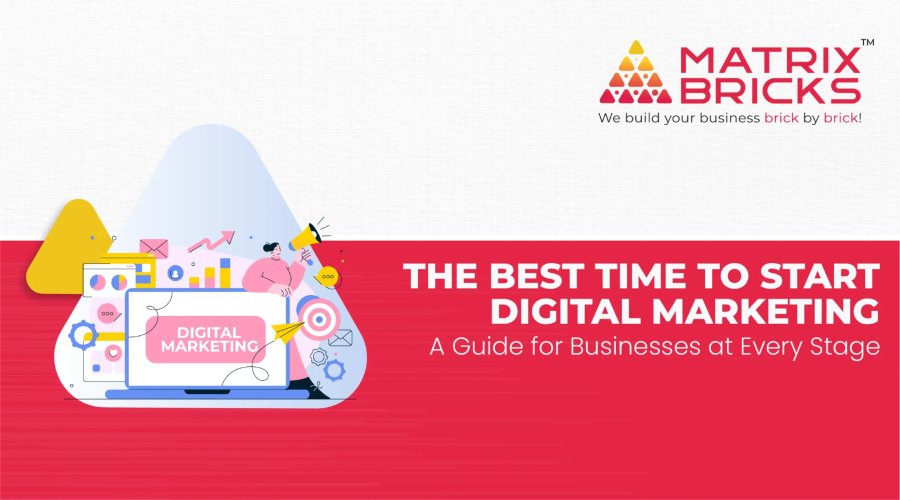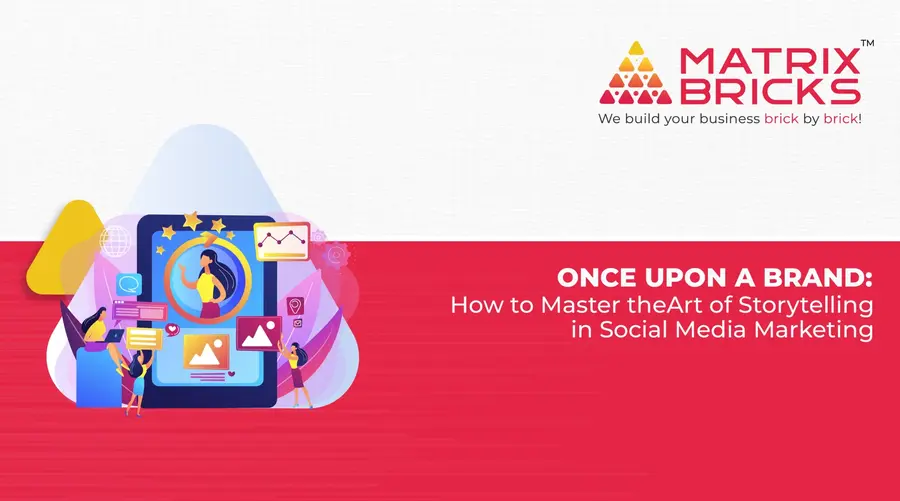Conducting SEO through keyword inflating techniques followed by passive online waiting for Google approval leads to an unfortunate reality check. Since the dawn of SEO, new search engine practices have developed extensively, so search engine rankings today exceed mere keyword placement strategies.
Today’s search engines judge websites through a three-pronged evaluation of user purpose combined with content standards and complete page interaction, for which SEO has become an extensive analytical system. This blog evaluates the key elements that affect rankings throughout 2025 and in the future. We will now examine the reasons why keywords fail to deliver satisfactory results in modern search engine optimisation while identifying important success factors.

1. Understanding User Intent Over Keywords
The search engine system at Google has developed capabilities to detect users’ search purposes beyond basic keyword entry. Search engines review search intentions as they assess results to give users their most suitable matches. For example, running shoe searches for “best-running shoes” requests product lists by users who search “how to choose running shoes” as they need guidance. The essential strategy for content optimisation involves developing text which responds to user search goals beyond basic keyword addition.
How to Optimise for User Intent:
- User questions should drive the creation of content through direct answer delivery.
- Conduct data structuring for search engines to interpret your written content more effectively.
- Created content must maintain valuable, thorough content instead of becoming excessive in keyword use.
- Natural language processing (NLP) technologies enable the matching of inquiries that use ordinary speech patterns.

2. E-A-T: Expertise, Authoritativeness, and Trustworthiness
The Google ranking system selects material from entities that meet its credibility criteria. It values reliable content sources, particularly in the healthcare, finance, and legal service domains. Search engine rankings heavily depend on the E-A-T designation, which allows users to establish their expertise, authoritativeness, and trustworthiness.
How to Build E-A-T for SEO Success:
- Deliver content that gains links from reliable web pages specialising in your market.
- Obtain backlinks from trustworthy websites inside your sector.
- Display credentials, case studies, or expert opinions to enhance trustworthiness.
- Regularly update content to maintain relevance and accuracy.
- Authors and their credentials should be included with proper citations to demonstrate authority.
- Guest blogging provides a way for domain authority development through third-party collaborations.
3. The Power of Visual Search
With the rise of platforms like Google Lens and Pinterest, visual search is changing how users find content online. Images together with videos have become essential elements which SEO strategies must prioritise.
How to Optimise for Visual Search:
- The names that describe images must be precise, and the alt text labels need to include details about images.
- Make use of structured data markup to improve indexability.
- High-resolution images which match the content should be used.
- You should apply image compression methods that let you increase page speed rates while maintaining visual quality.
- Optimise infographics with keyword-rich descriptions.
- Online stores need to generate special sitemaps which focus exclusively on images and videos.

4. Voice Search Optimisation
Speakers have different spoken communication habits compared to typists. Voice search optimisation has become vital through popular smart assistants like Alexa, Siri and Google Assistant since they will redefine SEO in the future.
How to Optimise for Voice Search:
- Choose long-tail keywords as well as conversational phrases for optimisation purposes.
- Write brief, straightforward responses for all standard questions your visitors ask.
- A Q&A structure should be used to structure content to enable voice search indexation.
- Use schema markup to improve your content’s comprehension by search engines.
- Local search queries should be optimised since users perform geographical voice searches.

5. Page Experience is Everything
Search engines achieve their evaluation beyond content by studying user interaction with websites. Google’s Core Web Vitals measure site speed, responsiveness, and user experience.
The elements which determine successful page experiences include:
- Quick website loading speeds will lower website abandonment rates.
- Mobile-first indexing optimisation should be your main priority because smartphones represent most internet users.
- The infrastructure needs improvements in terms of navigation and site structure to create smooth usability.
- The site must lower disruptive pop-up elements that impair user interaction.
- Web security through HTTPS encryption enables users to establish trust in your site.
- Accelerated Mobile Pages (AMP) should be implemented to achieve faster mobile page speeds.
- The lazy loading technique should be applied to images and videos to boost page performance.
6. Content That Matches Search Intent
Decide what type of content your search topic requires, from instructive guides to merchandise descriptions to extensive evaluations.
- Users should examine the search engine results pages (SERPs) to find out which content types achieve top ranks.
- The content presentation must be easy to absorb through visual elements along with bullet points and headings.
- Email clients need meta descriptions to be brief yet attention-grabbing and directly related to search inquiries.
- Your website achieves better topical authority when you develop pillar pages along with content clusters.
- Short and engaging formatting, together with short paragraphs, delivers better readability in text.

7. Local SEO and Personalisation
The search engine database personalises results by considering local information. Local businesses must use Google Business Profile and include specific regional keywords to attract their target markets.
How to Dominate Local SEO:
- Every aspect of your Google Business Profile should contain precise and current information.
- Customers should submit positive reviews so your company achieves better credibility.
- Natural incorporation of local keywords should be your guideline when writing content.
- Optimise for “near me” searches to capture local intent.
- Build local backlinks from reputable sources.
- Engage with your audience through social media and community involvement.

8.AI and Semantic Search
Google’s algorithms are now more sophisticated, and they understand the context, relationships, and synonyms behind words. Semantic search means your content should be meaningful, not just keyword-rich.
How to Optimise for Semantic Search:
- Write content that flows naturally instead of forcing keywords.
- Use related keywords and phrases to provide context.
- Focus on answering questions comprehensively rather than repeating keywords.
- Implement topic clustering strategies to interlink related content.
- Leverage AI-generated insights to improve content relevancy.
9.Video and Interactive Content
Engaging content isn’t just text anymore. Videos, quizzes, and interactive tools improve dwell time and signal relevance to search engines.
How to Use Video & Interactive Content for SEO:
- Create engaging video tutorials, product demos, and explainers.
- Use video transcripts to improve accessibility and rankings.
- Add interactive elements like polls, calculators, or quizzes to boost engagement.
- Host videos on fast-loading platforms to avoid slowing down your site.
- Incorporate immersive experiences like AR and VR where applicable.
10. Focus on Quality, Not Quantity
A decade ago, websites focused on publishing as many pages as possible. Today, Google prioritises depth over volume.
Why Quality Wins Over Quantity:
- A few high-value, in-depth pages outperform dozens of weak pages.
- Well-researched, long-form content ranks better in search engines. To stay fresh, content should be updated frequently.
- Incorporate original research, case studies, and expert insights for added value.
- Encourage user-generated content and discussions to enhance engagement.
Conclusion
SEO is no longer just about keywords—it’s about understanding user intent, building trust, and creating a seamless experience. The future of SEO is multi-dimensional, requiring a strategic approach that goes beyond basic keyword optimisation.
If you want to stay ahead in SEO, focus on quality content, technical performance, and evolving search trends. The page-one puzzle isn’t just about inserting keywords—it’s about fitting all the right pieces together.
Want more SEO tips? Subscribe to our blog for the latest updates, or drop a comment below with your SEO questions!






